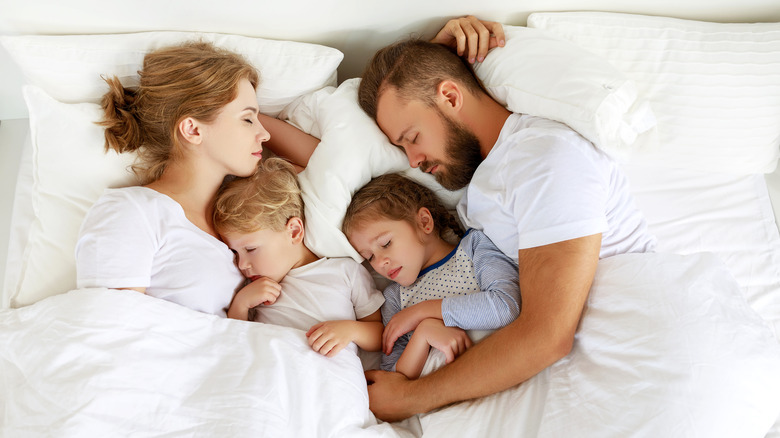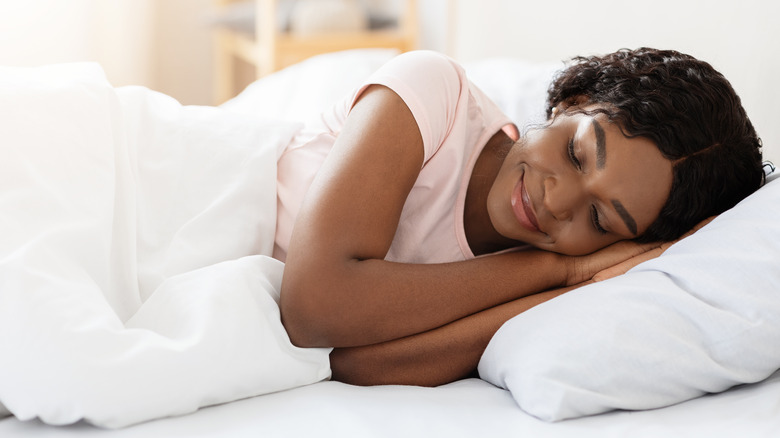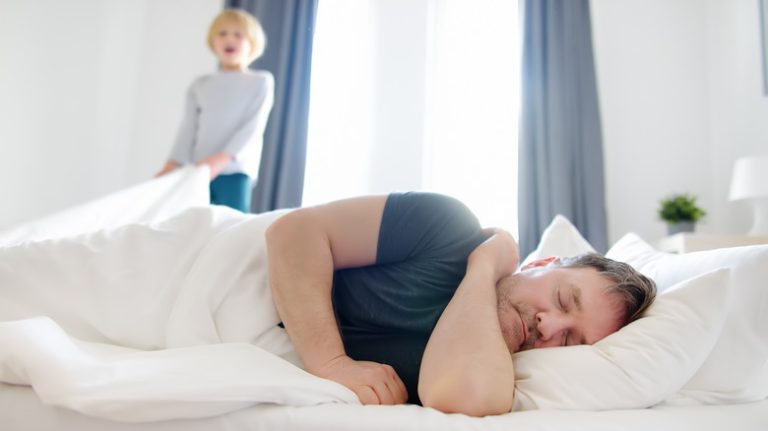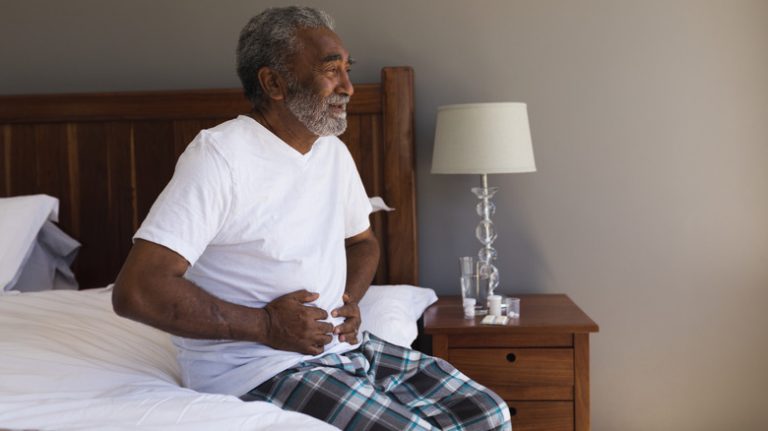No matter what time you wake up in the morning, we’ve all been tempted to skip the gym or our morning shower in exchange for an extra hour of sleep. It’s not surprising that getting out of bed in the morning can be such a struggle. According to the CDC, over one-third of adults in the United States don’t get the recommended seven hours of sleep each night. But would hitting the snooze button really make a difference?
According to HuffPost, there’s a good chance it could. Getting just one hour of extra sleep may improve athletic performance, decrease blood pressure levels, improve memory, and even activate genes that can offer a host of health benefits. However, you won’t get many benefits from an extra hour of sleep that occurs sporadically on top of an otherwise sleep-deprived schedule. According to WebMD, you need to be consistently getting enough sleep at night to reap the benefits. Everyone’s sleep needs vary, but you can tell you’re not getting enough if you find it hard to get out of bed in the morning or difficult to stay awake during the day.
The health benefits of sleep

Getting enough sleep at night is crucial for your health and wellbeing. Sleep affects virtually every part of our bodies and brains. “Many things that we take for granted are affected by sleep,” Raymonde Jean, MD, director of sleep medicine and associate director of critical care at St. Luke’s-Roosevelt Hospital Center in New York City, told Health. “If you sleep better, you can certainly live better. It’s pretty clear.”
Sleep allows our bodies and brains to rest and recharge. Getting enough sleep will keep your heart healthy, reduce stress, and regulate your metabolism (via Verywell Health). It also reduces inflammation in the body, improves memory, helps you maintain a healthy weight, and improves your balance. It also makes you more alert and energized during the day, which is the benefit we probably notice the most.
You can get better sleep by maintaining a consistent schedule, limiting caffeine late in the day, and avoiding electronics before bedtime (via Mayo Clinic). Exercising during the day can also help you feel more sleepy at night. If you’re having a hard time falling or staying asleep, speak with a healthcare professional about your situation.




